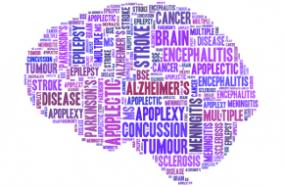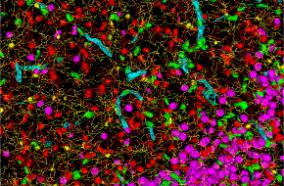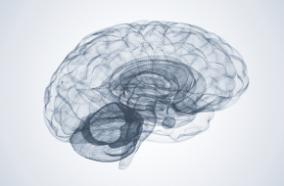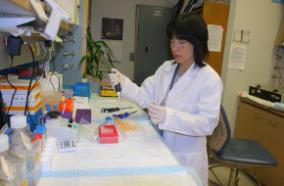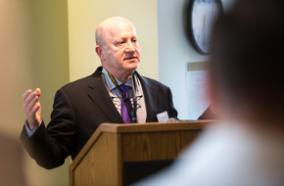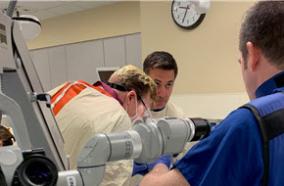Hydrocephalus is a condition caused when the body makes more cerebrospinal fluid than it can absorb, causing the fluid to build up.
The brain and spinal cord form the central nervous system. Cerebrospinal fluid is an important fluid that is formed inside the brain in spaces called ventricles. The fluid completely surrounds the brain and spinal cord, providing nutrients and protection. Our bodies normally produce and absorb the same amount of fluid keeping our system in balance.
Common causes of hydrocephalus in adults include bleeding or infection in the brain, or brain tumors in certain locations that may block flow or reabsorption of the cerebrospinal fluid.
Hydrocephalus also occurs in about one to two per 1,000 newborns and is commonly treated by our faculty providers at Seattle Children’s where you can read more about pediatric hydrocephalus.



